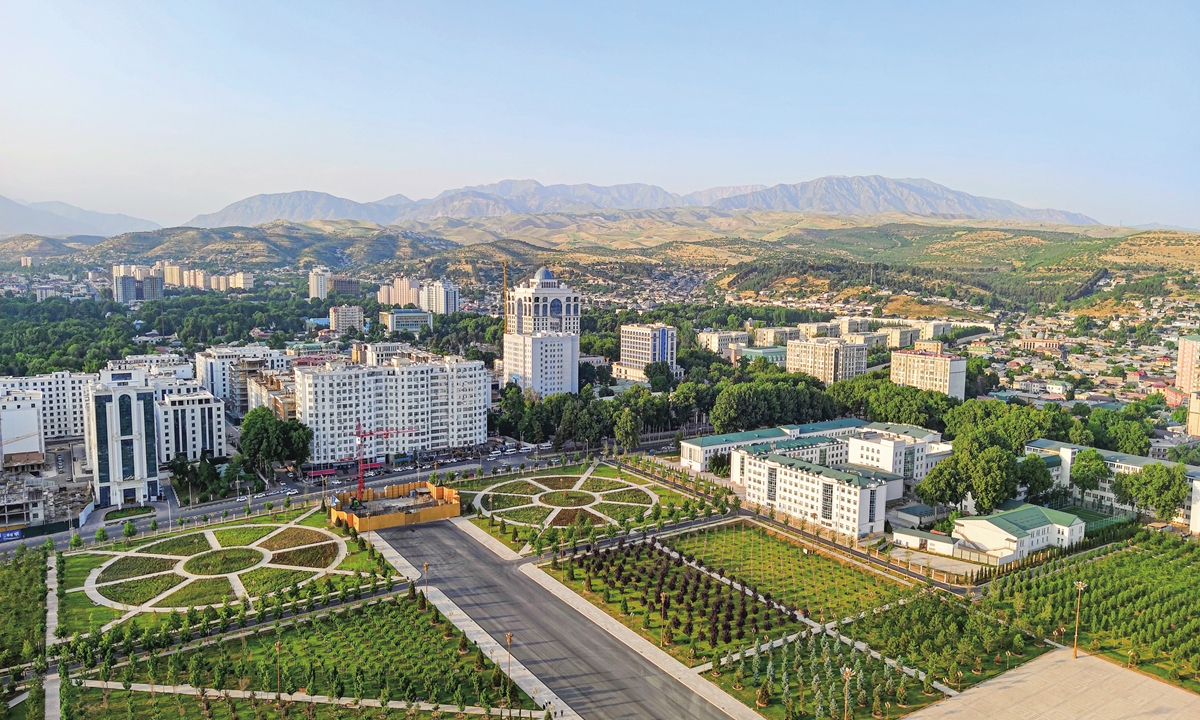
Tajikistan’s highest-grossing companies
Tajikistan, a landlocked Central Asian country, has an economy largely dependent on agriculture, energy production, and remittances from abroad. Its corporate landscape includes companies involved in mining, hydropower, agriculture, and telecommunications. Below is an overview of Tajikistan’s highest-grossing companies:
1. TALCO (Tajik Aluminum Company)
TALCO is Tajikistan’s largest industrial enterprise and one of the world’s leading producers of aluminum. Based in Tursunzoda, the company contributes significantly to the country’s GDP and exports. It processes imported raw materials into aluminum, which is then sold internationally, particularly to Russia, China, and Turkey. TALCO’s success stems from its integration into global supply chains and government support.
2. Barki Tojik
Barki Tojik is the state-owned energy company responsible for electricity generation, transmission, and distribution. With Tajikistan’s significant hydropower potential, Barki Tojik manages several key dams and hydroelectric plants, including the Nurek Dam, one of the world’s tallest dams. The company also oversees the Rogun Dam, a mega-project expected to transform the country’s energy exports.
3. Rogun Hydropower Project
Although technically a part of Barki Tojik, the Rogun Hydropower Project operates as a distinct entity. Once completed, the Rogun Dam will be the tallest in the world, with the potential to generate substantial revenue from energy exports to Afghanistan, Pakistan, and beyond. It is a cornerstone of Tajikistan’s economic strategy.
4. Somon Air
Somon Air is Tajikistan’s first privately owned airline and a key player in the transport sector. It connects Tajikistan to regional hubs in Russia, Turkey, the UAE, and Kazakhstan, catering to the high volume of migrant workers traveling to and from the country. The company has seen consistent growth due to increased demand for air travel and strategic partnerships.
5. Orienbank
Orienbank is one of Tajikistan’s largest banks, providing financial services to individuals, businesses, and government projects. It plays a vital role in financing major infrastructure initiatives and facilitating international trade. The bank’s strong ties with regional financial institutions bolster its position as a financial leader in Tajikistan.
6. Amonatbank (State Savings Bank of Tajikistan)
Amonatbank is the largest and oldest bank in Tajikistan, founded in 1885. It is state-owned and serves as a key financial intermediary for public funds, pensions, and savings. The bank has an extensive branch network, making it a cornerstone of the nation’s banking system.
7. Tcell
Tcell is one of Tajikistan’s largest telecommunications providers, offering mobile and internet services. As a subsidiary of the Aga Khan Fund for Economic Development (AKFED), Tcell has invested heavily in infrastructure to improve connectivity across the country. The growing demand for digital services has made it a significant contributor to the economy.
8. Zeravshan Gold Company
Zeravshan Gold is one of Tajikistan’s largest gold mining companies, playing a crucial role in the mining sector. It is a joint venture with foreign investors, primarily focused on gold extraction in the Sughd region. The company contributes significantly to the country’s export revenue.
9. MEGAFON Tajikistan
MEGAFON Tajikistan, a subsidiary of Russia’s MegaFon, is another leading telecom provider. It has an extensive user base and provides cutting-edge mobile and data services. The company’s revenues are bolstered by a large expatriate community that relies on its services.
Conclusion
Tajikistan’s highest-grossing companies are deeply tied to its natural resources, geographical advantages, and labor export. Industries such as hydropower, mining, and telecommunications dominate the economic landscape, supported by a mix of state-owned and private enterprises. With ongoing development projects like the Rogun Dam, the country aims to boost its economic output and reduce reliance on foreign aid.





Leave a Reply